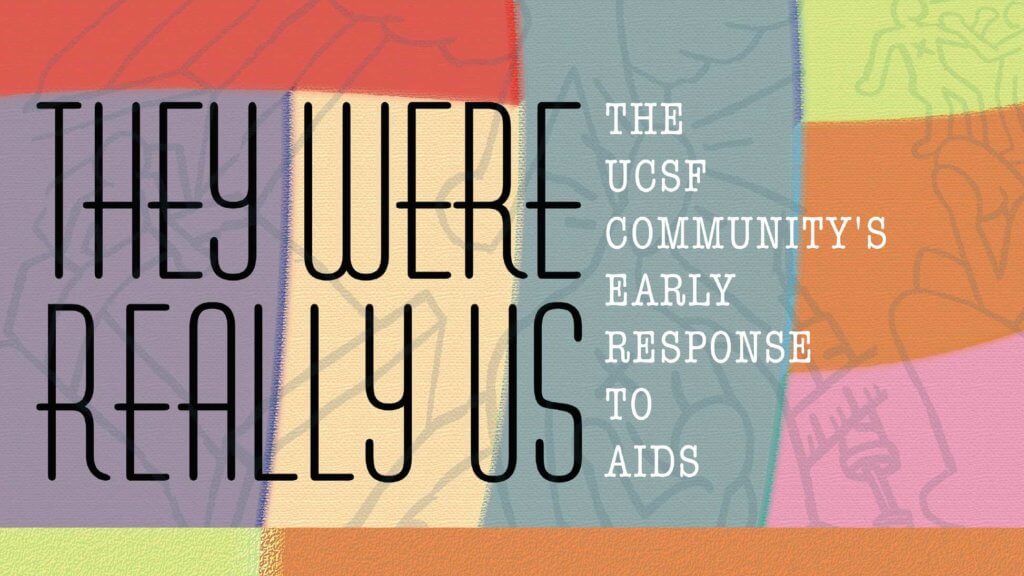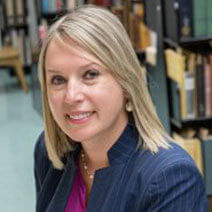When HIV/AIDS first seized the nation’s attention in the early 1980s, it was a disease with no name, known cause, treatment, or cure. Beginning as a medical mystery, it turned into one of the most divisive social and political issues of the 20th century. The University of California, San Francisco (UCSF) was at the forefront of medical institutions trying to understand the disease and effectively treat early AIDS patients.
They Were Really Us
Drawing on materials from the AIDS History Project collections preserved in UCSF’s Archives and Special Collections, the UCSF Library presents “They Were Really Us”: The UCSF Community’s Early Response to AIDS, a new digital exhibition on Calisphere that highlights the ways UCSF clinicians and staff addressed HIV/AIDS from its outbreak in the 1980s to the foundation of the AIDS Research Institute in 1996.
From medical professionals defining the disease and developing a model of care, to activists calling for treatments and public education, this exhibition amplifies the resilience of a community not only responding to its local needs, but also breaking ground on a larger scale with efforts that continue to impact HIV/AIDS care and research today.
About Calisphere
Calisphere Exhibitions are curated sets of items with scholarly interpretation that contribute to historical understanding. They tell a story by adding context to selected digital primary sources in Calisphere, thereby bringing the digital content to life.
This exhibition, including the digitization of materials, has been made possible in part by a grant from the National Endowment for the Humanities (PW-253755-17) “The San Francisco Bay Area’s Response to the AIDS Epidemic: Digitizing, Reuniting, and Providing Universal Access to Historical AIDS Records,” awarded to the UCSF Library in 2017-2020.

